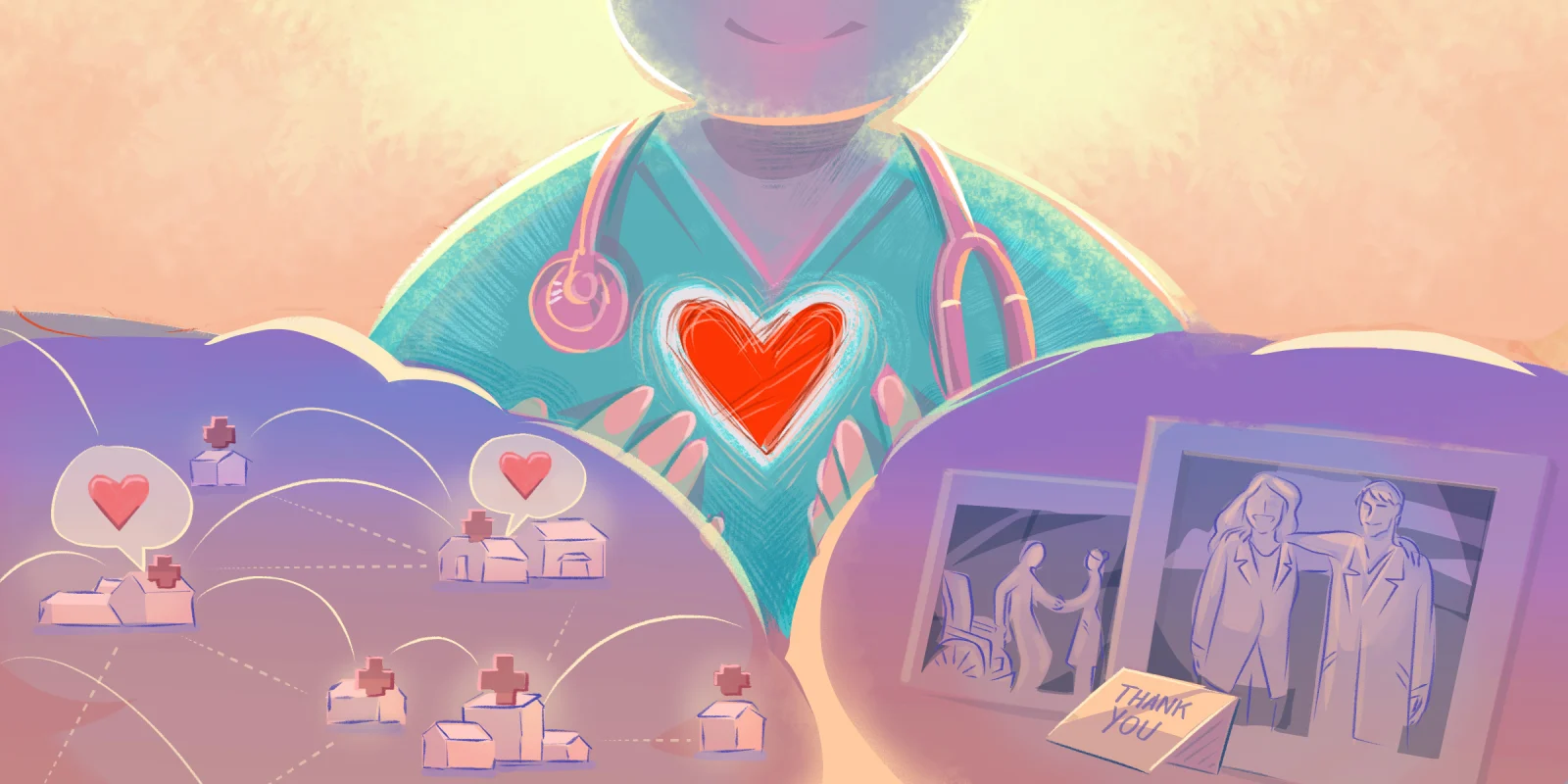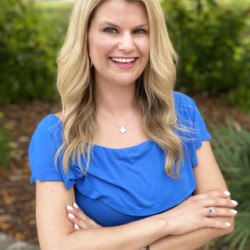No one warned me I would come to love you. No one warned me you would start to feel like family. No one warned me I would cry with you.
The truth is that I’m not a crier and I’ve never really been a crier. My own vulnerability makes me uncomfortable. I’m a scientist and physician, after all. But who am I to encourage you to feel your feelings and have no shame in expressing them when I won’t do that myself. I know you intimately, better than most, if not all the people in your life. The irony is that you know little about me. My gift of therapy to you is that my world is irrelevant. What matters is that you know and feel how much I care about you. It’s an odd dynamic to care so much about you in this unique, well-boundaried, and largely one-sided relationship. No one warned me.
Being a resident physician at Massachusetts General Hospital / McLean Hospital / Harvard Medical School, I had arguably the best psychotherapy and psychiatry training in the country. My incredible mentors taught me to find something to like in every patient. My certified volunteer therapy dogs I took to the hospital demonstrated to me how to unconditionally care for every patient.
I chose to go to school for 14 years after high school, take on massive amounts of financial debt, sacrifice nearly all of my 20s, and enter the field of psychiatry because I wanted to help others through the latest medical interventions. For some reason, psychiatry felt like a spiritual calling — there was an energetic pull to this patient population.
Like many who are medically trained and have years of clinical research experience, I don’t lead with my emotions. But my patients can’t help but make me feel. Through them, I’ve realized how important of a tool my own vulnerability and genuine agape love can be in teaching and modeling the art of healing to my patients. Simultaneously, I respect and honor therapeutic professional boundaries. It can be an isolating experience to allow oneself to fully empathize with their patients. It can be a deep abyss. This is why psychiatry training is a minimum of four years after medical school — it is just as much an art as it is a science. My training is sure to last the rest of my life. I am also indebted to my professional supervision groups that help me process the job hazards of caring deeply for others who are hurting.
Even though my ultimate goal as a psychiatrist is to fully heal my patients and work myself out of a job, our therapeutic relationships built on trust, respect, boundaries, consistency, commitment, and dare I say love are often the main therapeutic tool. I have come to love my patients according to the Greek agape love. I hurt when they hurt. The world can be unkind and cruel, and my patients deserve my empathy, especially when no one else is showing it to them. My patients deserve to know they matter — my tears prove they do.
Since completing my training over six years ago, I feel that I have found my place and purpose in this world as a physician. Be warned, however: being a physician comes at a cost and it’s not just student loans, endless administrative work, or late nights studying. There is also the emotional cost of loving those you care for. This cost is also my choice that I gladly accept. Healthy relationships produce the fruit of joy. Therefore, I will keep crying with and for my patients.
Just like I model vulnerability through my empathy to my patients when I feel it will serve them, I also model self-care. As clinicians, we need to take care of ourselves and practice what we preach — taking time to laugh, breathing in fresh air, feeling blades of grass against our feet, sleeping restfully, enjoying nutritious food, loving our families and friends well, grounding ourselves in our core values.
I hope the vulnerability in my writing will encourage other clinicians. I see you. My encouragement to all health care professionals, especially physicians struggling with burnout, resentment toward patients, anxiety, depression, and demoralization is that YOU matter. Don’t forget why you chose this noble profession. Don’t forget who you are. Know that it’s OK to love your patients (with boundaries) in the agape spirit — it makes your job worth it. Also know that nothing is more important than your soul, your health, and your loved ones. Tend to yourself first. Love yourself well. Do not remain in a job that breeds moral injury or threatens your mental well-being and your relationships with family. And know that it’s OK to cry sometimes, even in front of your patients if it’s about them. Love can heal and be the best medicine.
How has getting close to patients changed your outlook on life and/or medicine? Share in the comments!
Dr. Albright is a board certified addiction psychiatrist who founded and operates a private multidisciplinary insurance-based outpatient practice, supervises graduate students, and serves as an emergency room psychiatrist in Charleston, South Carolina. She is an avid dog rescuer, mother to young children, and wife to her high school sweetheart.
Illustration by April Brust







